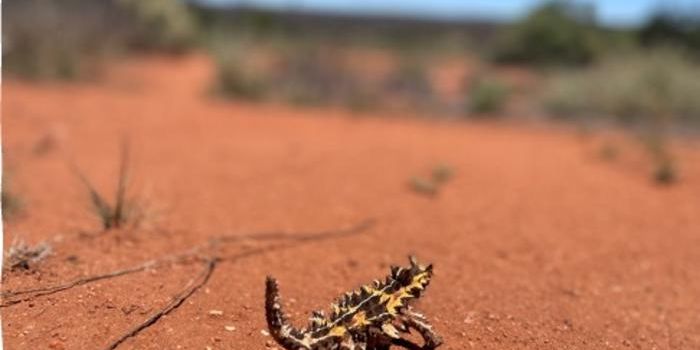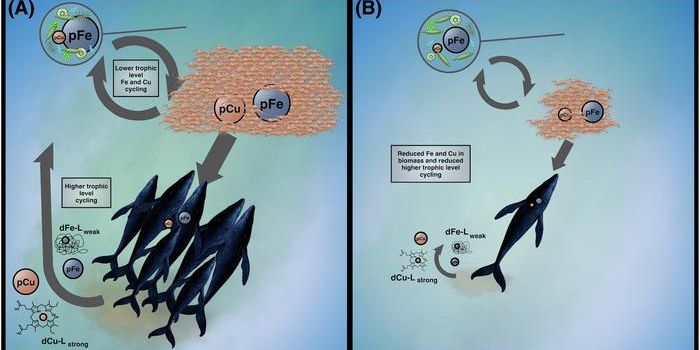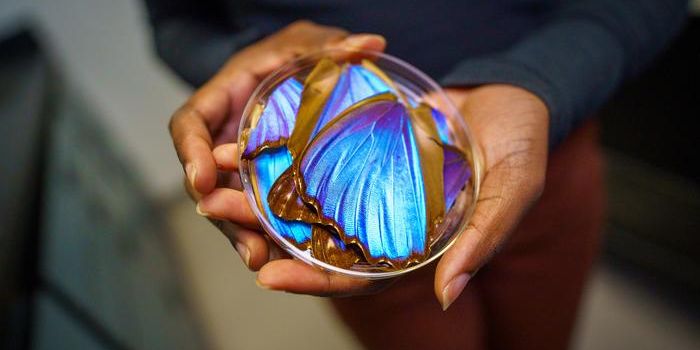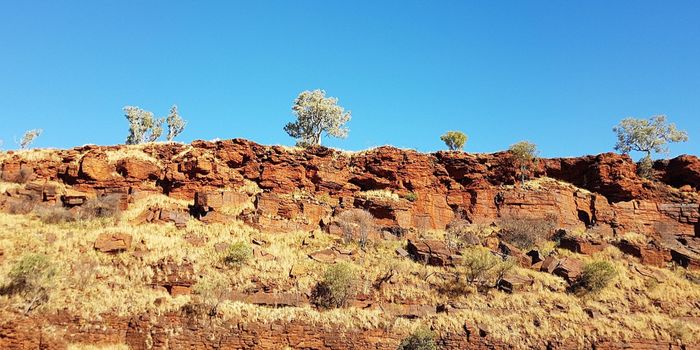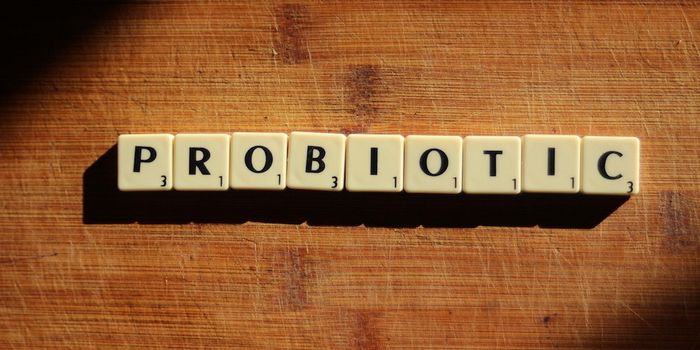Unparalleled Levels of Insects Harming Modern Day Plants
In a recent study published in the Proceedings of the National Academy of Sciences, a team of researchers led by the University of Wisconsin (UW) presents a first-of-its-kind study comparing modern-era plants harboring insect herbivore damage to fossilized leaves from as far back as nearly 67 million years ago, which was the Late Cretaceous period. The study’s findings indicate that insects are causing unparalleled damage to modern day plants, despite the declining number of insects. This study has the potential to help us better understand plant evolution and fitness as climate change continues to ravage the planet.
"Our work bridges the gap between those who use fossils to study plant-insect interactions over deep time and those who study such interactions in a modern context with fresh leaf material," said Dr. Lauren Azevedo-Schmidt, who is a postdoctoral research associate at the University of Maine but conducted the research while a PhD student at UW and is lead author of the study. "The difference in insect damage between the modern era and the fossilized record is striking."
For the study, the researchers compared fossilized leaves containing insect feeding damage from the Late Cretaceous period (about 67 million years ago) through the Pleistocene era (a little over 2 million years ago) and contrasted them with leaves gathered by Dr. Azevedo-Schmidt from three modern day forests. The researchers discovered a greater level of damage caused by modern insects compared to the fossil record.
"Our results demonstrate that plants in the modern era are experiencing unprecedented levels of insect damage, despite widespread insect declines," the paper states, with the researchers suggesting that the disproportion can be explained by human activity.
While the researchers state that urbanization, a warming climate, and introduction of invasive species likely have had the biggest impact, further studies are required to ascertain as to why it’s happening.
Sources: Proceedings of the National Academy of Sciences
As always, keep doing science & keep looking up!



